Prospettiva#1 Lubumbashi, Snaps in a City
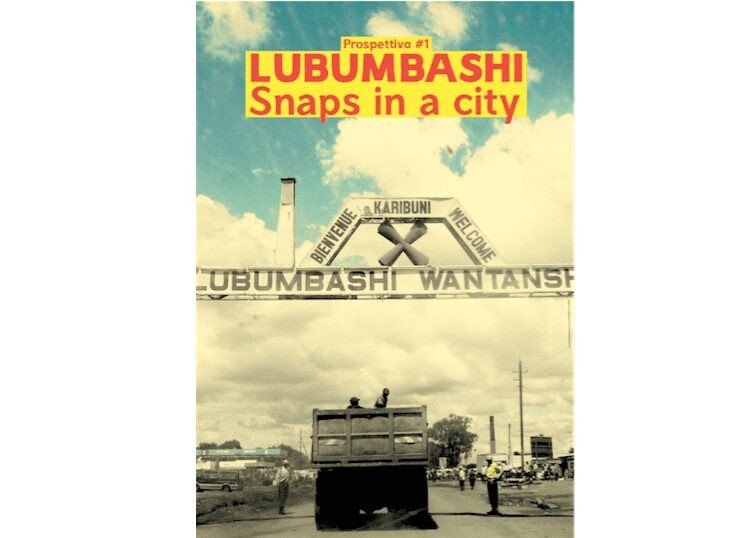
Prospettiva#1 Lubumbashi, Snaps in a City
10 December 2018
Closes: 6 January 2019
Prospettiva#1 Lubumbashi, Snaps in a City is the first chapter of Prospettiva, a multilayered project centered on the relationships between Europe and Africa initiated by CEF, the Lubumbashi-based, Congolese non-profit organization which sustains development through culture, education and art and through the reinforcement of fragile groups of citizens – who are mainly women.
The exhibition offers a portrait of the city of Lubumbashi, capital of the southeastern province of Katanga, Democratic Republic of the Congo, the second-largest urban area of the country. Katanga mineral wealth spans from copper, the main reason for the initial Belgian settlement, to uranium (in 1939/40 the Katanga’s mine of Shinkolobwe provided the United States – through the Belgian controlled Union Minière du Haut Katanga – the uranium required to construct the atomic bomb), to Lithium, the main source for the production of batteries for any electronic tool. As capital of Katanga, Lubumbashi – formerly named Élisabethville by the Belgians, who shaped the modern city while taking over the original Congolese settlement – is since the end of 19th century a modern mining capital. An economic hub of many national and international mining companies, the city is a gateway of migrations from the region and from abroad.
A truly international city, modern Lubumbashi nevertheless bears the embodied legacies of Western colonialism. Belgian settlers designed Lubumbashi to be a segregated city, with the European area rigorously restricted to whites only and a separated area inhabited by those whom the Belgians called “indigenous” – the Congolese and African migrants who were the workforce of the mining industry.
The segmented design of the cityscape, the modernist buildings from the Belgian area, and the architectural layout of the “disciplining spaces” intended for the so-called “indigenous” (from the hospital to the jail, from the school to the Catholic church) provide a clear and present reminder of the organization of power under colonial rule. But Lubumbashi is also an important post-colonial cultural hub: its University hosted the philosopher Valentin-Yves Mudimbe in the seventies, for example, and over the last few decades many artists, writers, inventors, creative entrepreneurs, and visionaries have moved to the city in search of fortune or in order to make their visions true.
Lubumbashi, Snaps in a City, unpacks these interwoven modern and post-modern contemporary layers through the gaze of contemporary artists, film makers, inventors, writers, cultural producers, musicians, researchers, architects, and dancers. Their work gives shape to individual and collective stories and responds to the exigencies of civic society by promoting, creating, and constructing networks, inventing new ways of citizenship through arts.
Prospettiva – Contemporary Art in Africa/Congo between Paintings, Sculptures and Music is a project initiated by CEF – Centre d’Eveil de la Femme. It aims to support the visibility of Lubumbashi-based and Katangese artists, to build awareness about contemporary cultures in Africa, and to explore the emancipatory role of the arts for African societies. CEF cooperates with Picha, an artist-led organization based in Lubumbashi which, throughout the ten years of its existence, has boosted the growth and international visibility of artists with the Biennale of Lubumbashi (next edition October 2019) and the Atelier d’art et de recherche Picha.
Proposed artworks respond to colonial heritages, postcolonial imperialism, and political instability as further provoked by international corporate interests as well as the quest for a relational society, the pursuit of a truly global identity through culture, the desire for an urban and sophisticated lifestyle, and the diverse ways that creativity coexists with every aspect of daily life. The show deconstructs European and “white” misconceptions about Africa by sharing the visions, tensions, languages, civic engagements, and DIY cultures of a 21st century metropolis which is innovative, connected to the world, and looking for its own, multilayered roots in dialogue with the press of contemporary concerns.
A performance by artist and musician Francesco Nchikala opens the two main events of the public program. The creative documentaries, animations, paintings, photographs, sculptural objects, still images, and video installations installed in the space speak to a global audience of a generation of creative thinkers, each of whom is vibrantly connected to the world of the now while remaining strongly rooted and aware of shared histories. A selection of books and documentations in the Art Book Shop Project of Kunstverein (Milano) explores literature, chronicles, maps, visual cultures, events accompanied by the site-specific activities of CEF and Picha in Lubumbashi. A publication curated by Lucrezia Cipitelli and Katia Anguelova will be published by Kunstverein Publishing in 2019.
With Sammy Baloji, Dominique Bwalya, John Kankonde, Jean Katambayi, Nelson Makengo, Douglas Masamuna, Moustache, Rita Mukebo, Mukunday & Tétshim, Séraphine Mbeya Nawej, Frank Francesco Nchikala, Alain Nsenga, Isaac Sahani, Georges Senga, Daddy Tshikaya
Thanks to: CEF & Picha team, il team di careof, Riccardo Arena, Denise Bison, Lisa Brittan/Axis Gallery, Lino Campeggi, Gianella Chumpitaz, Marta Ciori, Claudia D’Alonzo, Simon Delobel/Trampoline Gallery, Rosario Giordano, Suzana Gucija, Jennifer Knust, Albane Andre- Mastrangelo, Edoardo Quaretta, Silvia Riva, Rosa Spaliviero, Leonid Tsvetkov, Fabio Valentini
With the High Patronage of the European Parliament
Commissioned and produced by: CEF – Centre d’Eveil de la Femme (Lubumbashi), with Centre d’Art et de Recherche Picha (Lubumbashi), Complex La Plage.
View more from

Beyond Representation
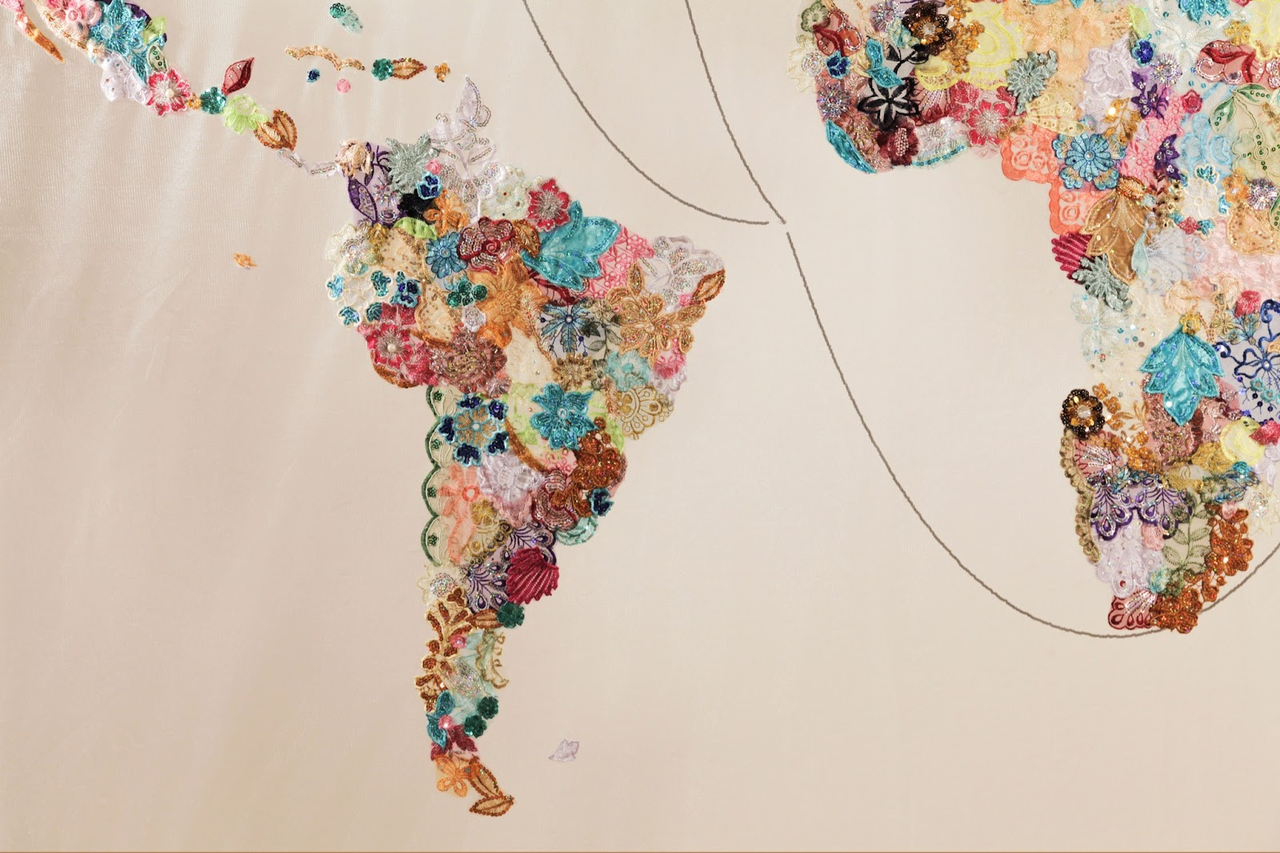
Tierras reimaginadas: migración
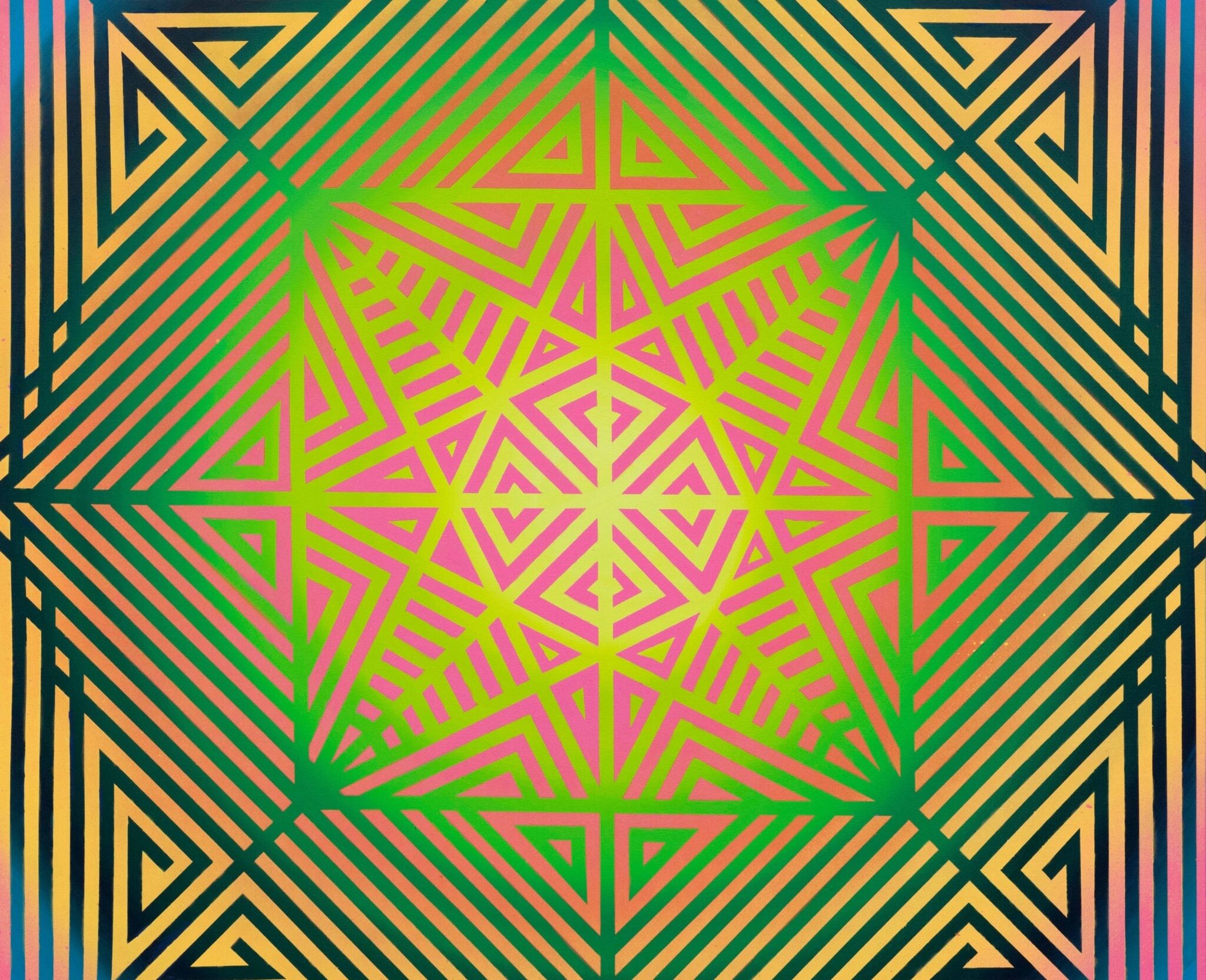
Jangueando: Recent Acquisitions
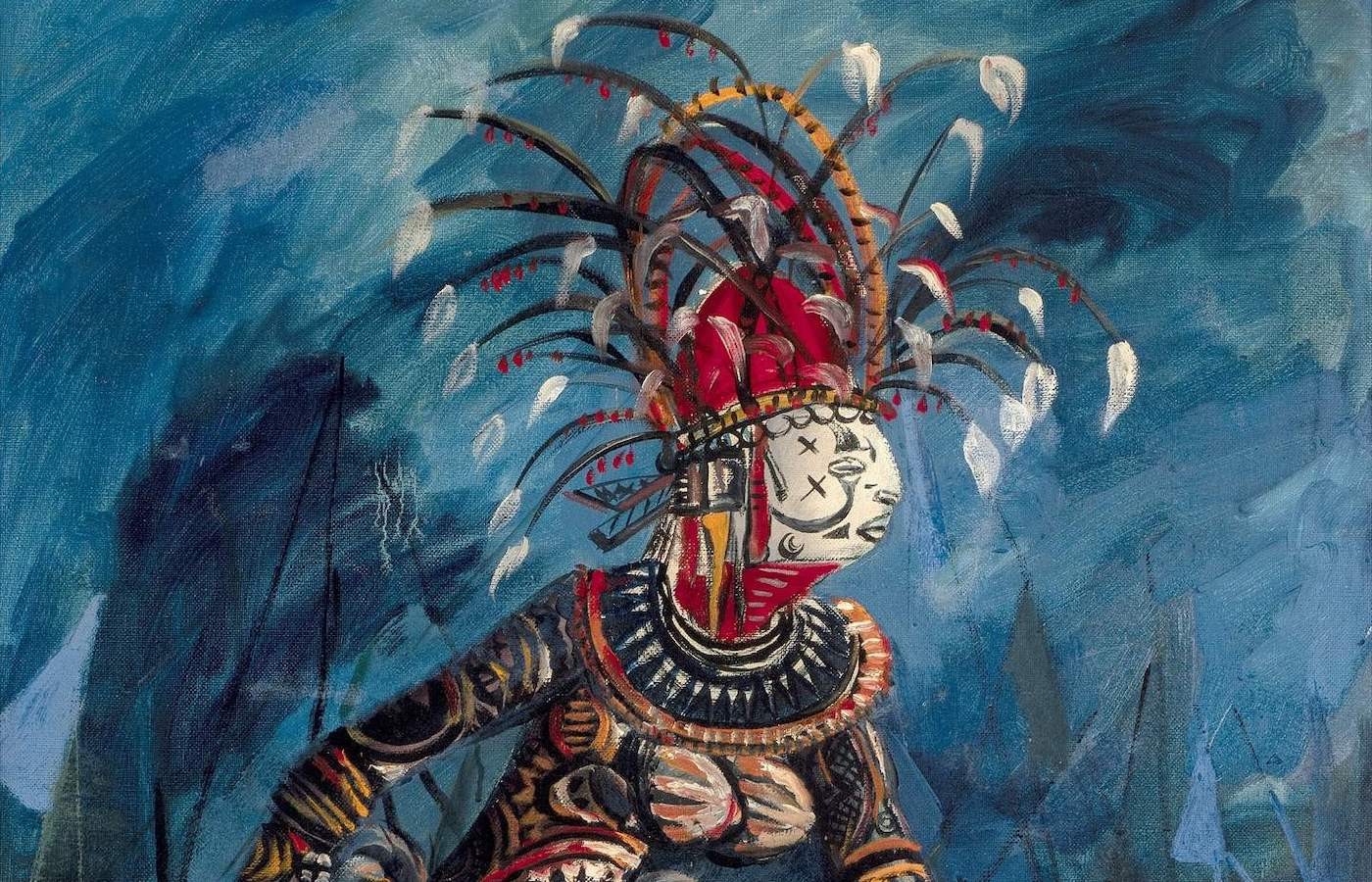
Nigerian Modernism – Group Show
Oct 8, 2025–May 10, 2026
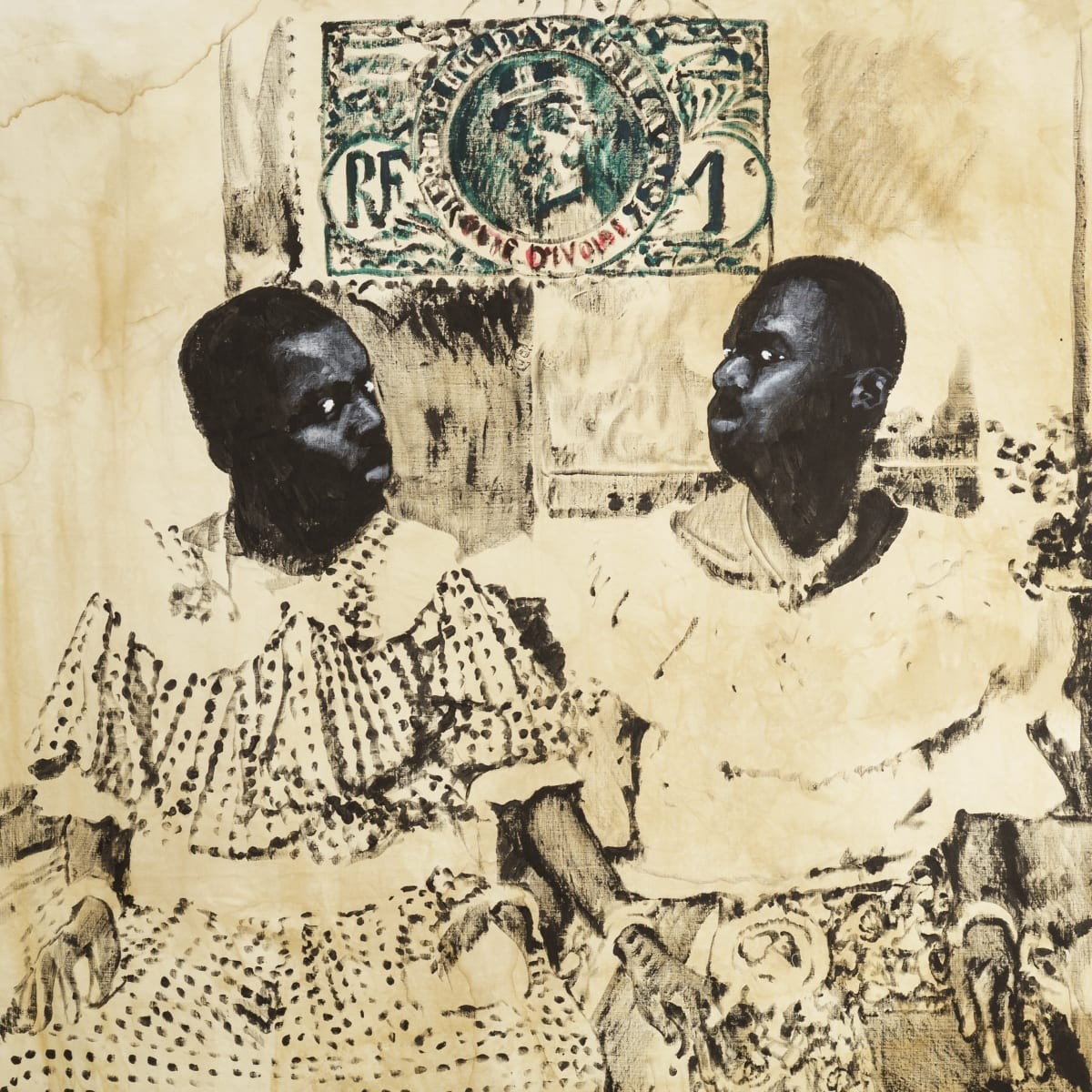
Roméo Mivekannin: Correspondances
Oct 2, 2025–Mar 21, 2026
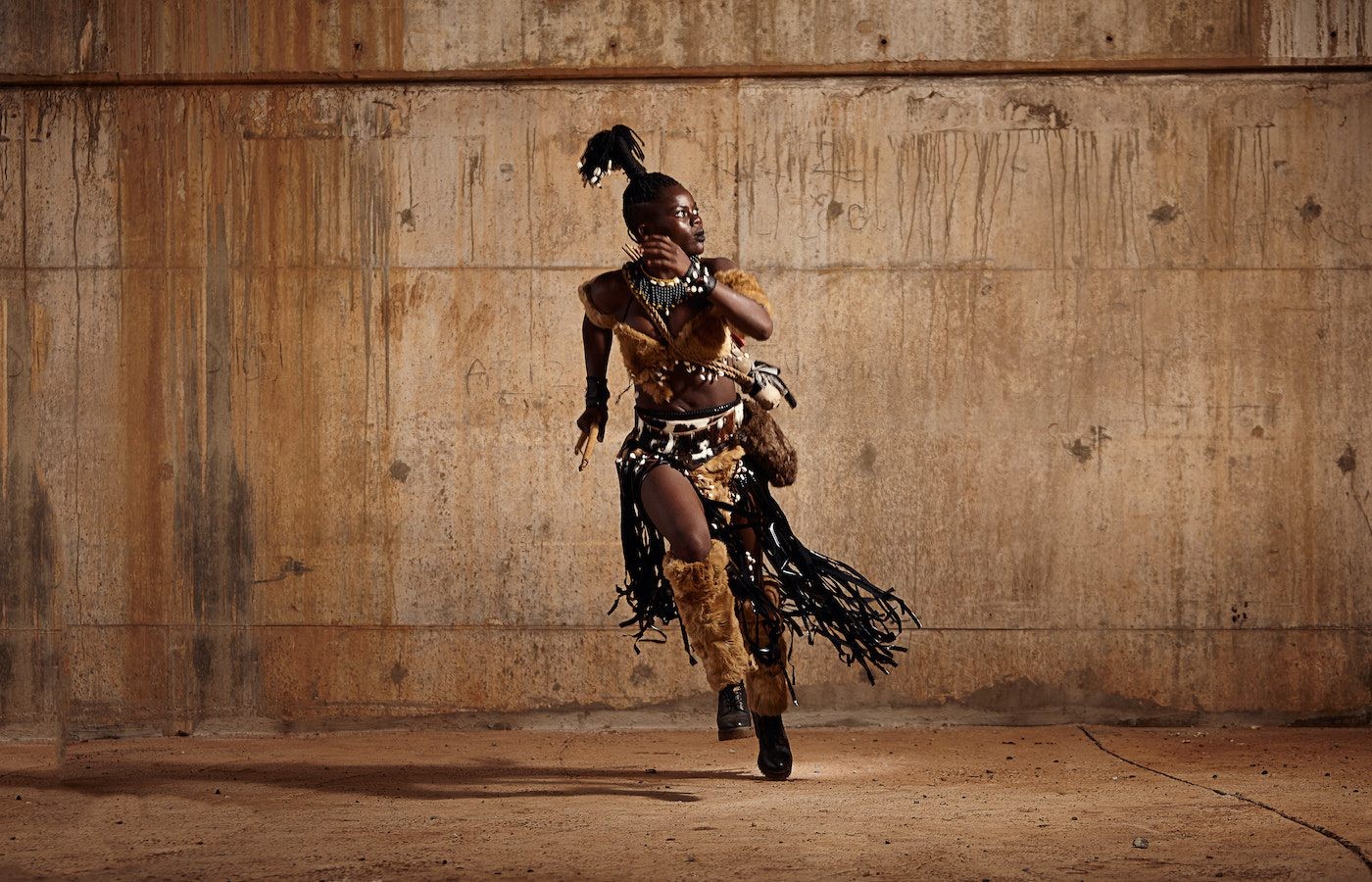
The Writing’s on the Wall (TWTW)
Sep 13, 2025–Mar 14, 2026